How did Bangladesh fare in UN's human rights review?
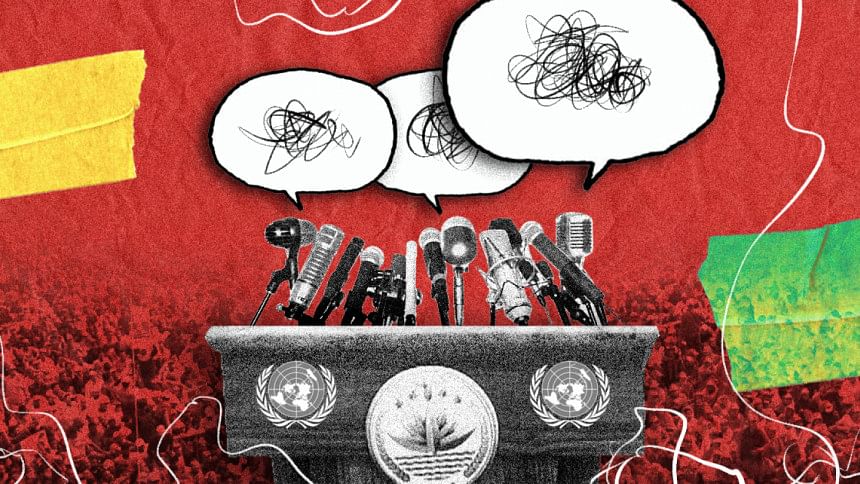
The recently-concluded Universal Periodic Review (UPR) of Bangladesh's human rights record has been quite a surreal event. When the local media reported arrests of more than 10,000 BNP activists, including its top leaders, centring the party's October 28 rally, diplomats in Geneva were told that Bangladesh had ensured abundant political space for the opposition. Law Minister Anisul Huq, who led the Bangladesh delegation and placed its progress report on implementing recommendations of the 2018 UPR, said the country was fully committed to upholding fundamental principles and legal obligations of human rights.
Certainly, there was no dearth of diplomatic niceties among the representatives of 110 countries, as almost all of them applauded Bangladesh for engaging in the process. But the recommendations they put forward were nothing close to praising the state of human rights in Bangladesh; rather they reflected deep concerns over the worsening situation. But the minister, in his post-UPR media briefing arranged over video, told journalists in Dhaka that 90 percent of the countries had praised the state of human rights in the country and made constructive recommendations.
The most worrying and crucial of the recommendations was about the judiciary, its lack of independence and judicial harassment. Sweden and Canada called for "reducing the scope of judicial harassment." The United Kingdom called for ensuring the full independence of the judiciary from the executive and from parliament.
Calls for independent, transparent investigations into cases of alleged enforced disappearances and ratification of the much-discussed convention on disappearances got louder at this UPR, despite Bangladesh's continual denial of such occurrences. In the third UPR, Bangladesh disagreed that extrajudicial killings or enforced disappearances occurred frequently, and claimed that its legal system did not recognise those terms. Nearly a dozen nations—including ones in Africa and South America, which had their own past of using such actions to silence dissent—have called on Bangladesh to stop pursuing such methods and ensure accountability for past events.
Similarly, about a dozen countries urged Bangladesh to ratify the Optional Protocol of Convention against Torture (OPCAT), which had also been recommended by the UN's expert group Committee against Torture (CAT). They have also called for independent investigations into allegations of torture against members of law enforcement agencies (LEAs) and ensuring the trial and punishment of the guilty.
Had the international community believed in our explanation—that any violation of the law by members of LEAs was dealt with using the existing legal provisions, and the law did not provide any kind of immunity to them—would they have given their "constructive suggestions"?
The government's claim of ensuring all rights to the opposition fell flat on its face as more than a dozen countries called for ensuring the right to freedom of peaceful assembly, association and expression for all, and amending the newly-enacted Cyber Security Act (CSA), which replaced the notorious Digital Security Act (DSA). In addition, two countries, Canada and Belgium, have suggested repealing the CSA. All these countries believe that the new law is also adversely affecting the freedom of opinion and expression and is a hindrance to independent journalism in Bangladesh.
Apparently, the highest number of recommendations came for abolishing the death penalty and an immediate moratorium on all pending death sentences, closely followed by ending violence against women and children. Even a country like Russia, known for its unequivocal support to the ruling Awami League government, didn't shy away from suggesting "implementation of the national action plan to end all forms of violence against women and children." A good number of countries also urged actions, including amending existing legislation, to end child marriage.
The most worrying and crucial of the recommendations was about the judiciary, its lack of independence and judicial harassment. Sweden and Canada called for "reducing the scope of judicial harassment." The United Kingdom called for ensuring the full independence of the judiciary from the executive and from parliament, which has a special significance due to developments related to the 16th amendment of the constitution (power to remove judges over misconduct).
Apart from these recommendations, the UN's country team in Bangladesh, in its observation submitted well ahead of the UPR, also expressed grave concerns about the judiciary. It observed that "the administration of justice in Bangladesh faced significant challenges, raising serious doubts about its independence and ability to deliver justice." It also said, "...incidents of extrajudicial killings and enforced and involuntary disappearances, with impunity for law enforcers, and the serious concerns regarding the independence of judiciary had led to a breakdown of trust among the population."
Issues of persecuting human rights defenders, such as Odhikar and its two executives Adilur Rahman Khan and Nasiruddin Elan, harassment and intimidation of NGO members through legislations like the foreign donations act, undermining the rights of indigenous people and those from different ethnic, religious or marginalised groups, not enacting anti-discrimination laws, and failure to declare a national minimum wage and ILO-recognised rights of workers were featured in those recommendation too.
Quite a few suggestions about elections also came by, albeit from those who have been very vocal for a while. The UK has called for a free, fair and participatory election, while the US emphasised protecting the ability of Bangladeshis to vote and choose their government by ensuring free and fair elections held in a peaceful manner. Slovakia also stressed on making polls transparent and free.
Interpreting these recommendations as "constructive" is heartening. But whether the government would accept them is a different question altogether, and indications so far are quite the opposite. The ongoing crackdown against the opposition, the unusual and unfair fast-tracking of trials and convictions of opposition activists enmasse, and making the election a one-sided affair by removing and disqualifying the most potent challengers are some of the disturbing developments that run contrary to the government's pledges at the UPR plenary. It's quite excruciating to see someone boasting about accepting eight out of nine core conventions of human rights, but starkly disregarding the values and obligations enshrined in those instruments.
Kamal Ahmed is an independent journalist. His X handle is @ahmedka1
Views expressed in this article are the author's own.
Follow The Daily Star Opinion on Facebook for the latest opinions, commentaries and analyses by experts and professionals. To contribute your article or letter to The Daily Star Opinion, see our guidelines for submission.

 For all latest news, follow The Daily Star's Google News channel.
For all latest news, follow The Daily Star's Google News channel. 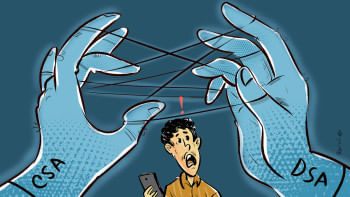
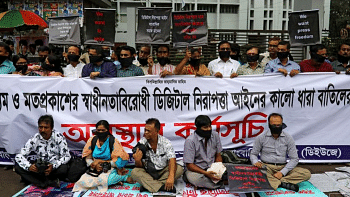
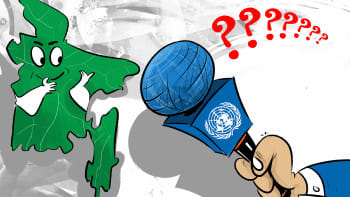



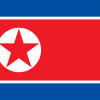
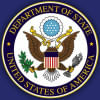
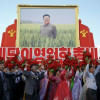
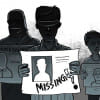

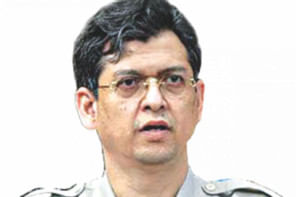
Comments